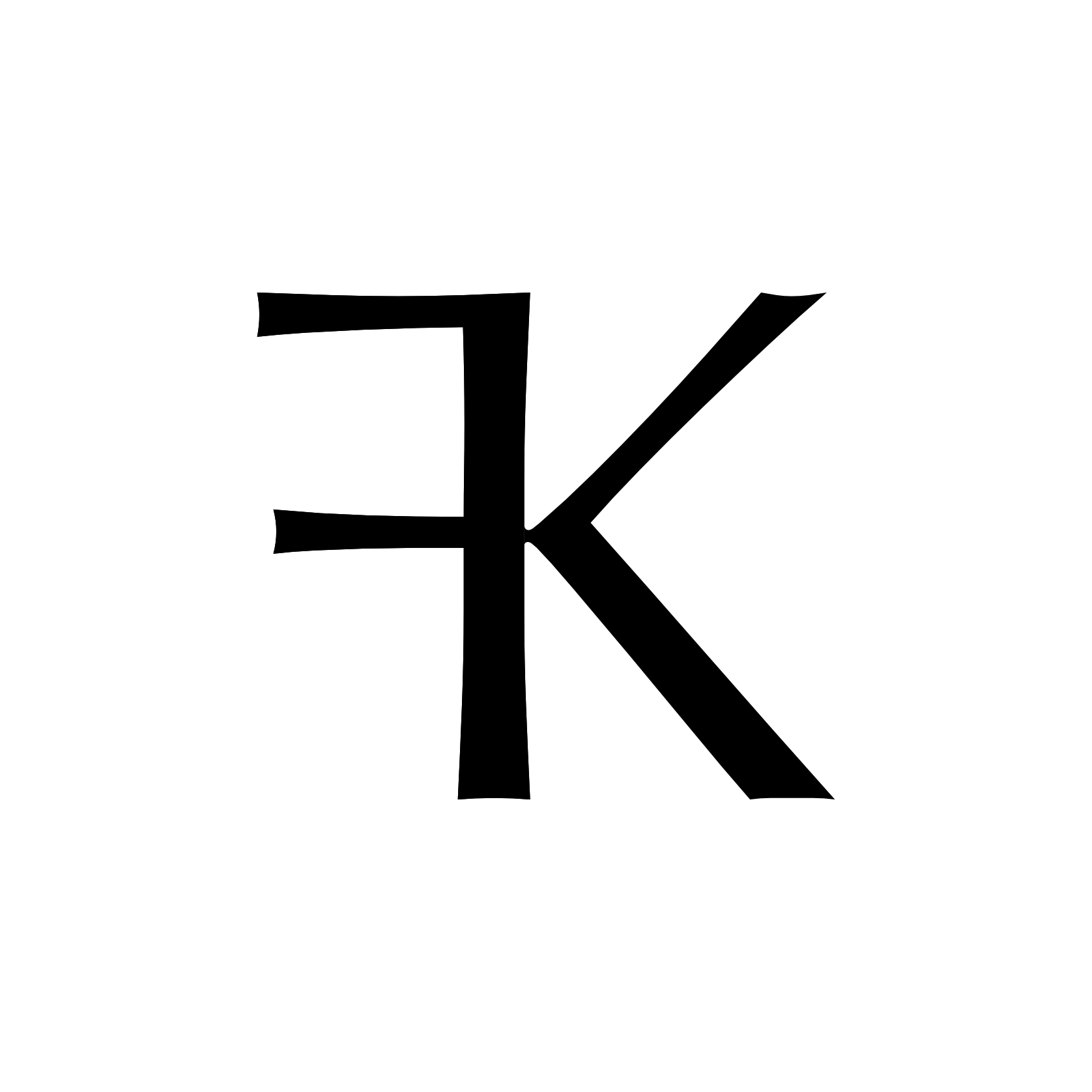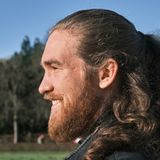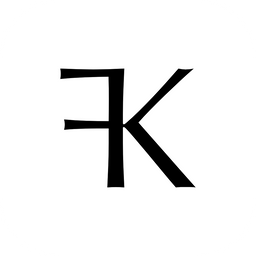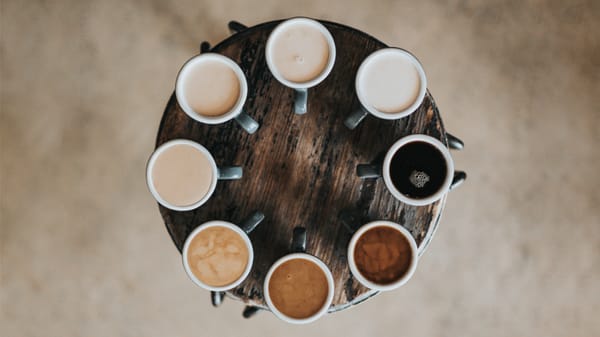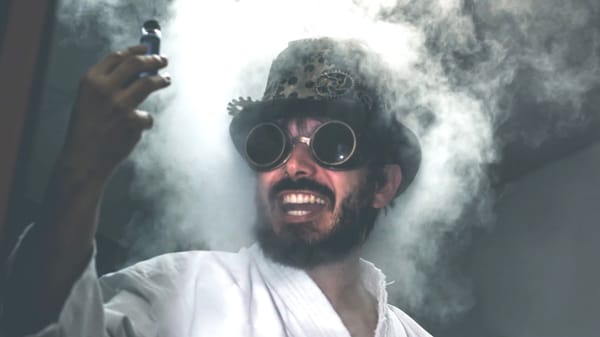Shaping Our Path of Reality
This issue is about productive focus, environmental pollution, and truth.
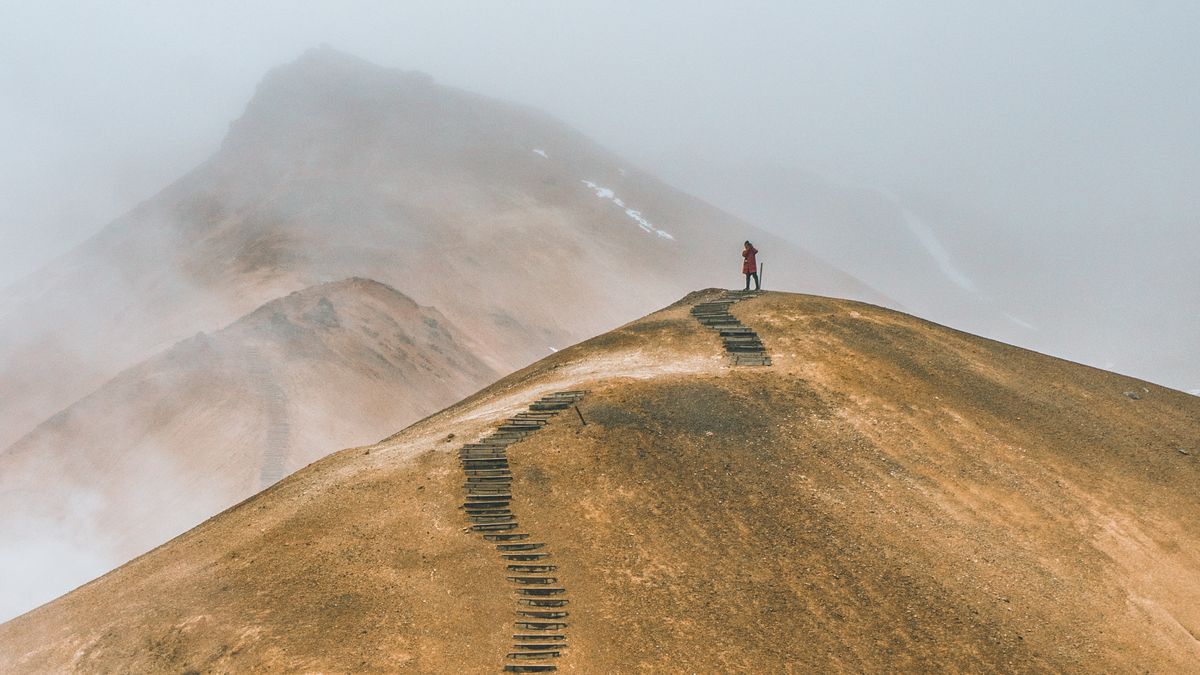
In this issue we’re learning about perspectives on science, discovering what our brain and a beachball filled with bees have in common and how we become good beekeepers, and we’re learning about the unadorned effects of the pollution of water, soil and air with plastics on health and environment. And finally, in a new article we’re exploring why you must be honest with yourself first before you can be honest with the world.
✨ Sparks
🤓 Encyclopedia: Scientism
The belief that science and the investigative methods of the physical sciences are applicable or justifiable in all fields of inquiry, respectively the best or only way to render truth about the world and perceived reality. Awareness for this phenomenon becomes particularly critical when interest groups like companies, governments, activists, media or potent individuals utilize science and scientific findings to support certain political standpoints and interests. The two senses of scientism:
(1) The improper use of science or scientific claims.[14] This usage applies equally in contexts where science might not apply,[15] such as when the topic is perceived as beyond the scope of scientific inquiry, and in contexts where there is insufficient empirical evidence to justify a scientific conclusion. It includes an excessive deference to the claims of scientists or an uncritical eagerness to accept any result described as scientific. This can be a counterargument to appeals to scientific authority. [...]
(2) “The belief that the methods of natural science, or the categories and things recognized in natural science, form the only proper elements in any philosophical or other inquiry”,[16] or that “science, and only science, describes the world as it is in itself, independent of perspective”[11] with a concomitant “elimination of the psychological [and spiritual] dimensions of experience”.[17][18] Tom Sorell provides this definition: “Scientism is a matter of putting too high a value on natural science in comparison with other branches of learning or culture.”[19] Philosophers such as Alexander Rosenberg have also adopted “scientism” as a name for the opinion that science is the only reliable source of knowledge.[20]
🌐 Website: Plastic Soup Foundation
Learn all about the exploding global pollution with plastics and its toxic effects on human health as well as the environment and all beings that inhabit it.
Possible health consequences include diabetes, obesity, infertility, low sperm count and prostate cancer in males, breast cancer and developmental disorders of the embryo in females as well as hyperactivity, low IQ, asthma and early puberty in children.
Humans are an integral part of the world they inhabit. Any form of abuse of other species, violation of natural processes or pollution of nature always come right back at us in forms like disease, starvation, stress, restlessness, pain, depression, death and other miseries. Freedom does not mean carelessness. Two terms that are often confused. Freedom comes with responsibility for the consequences of our actions. If one exercises their freedom to pollute the water with plastic, they have to face the consequences of reduction and contamination of food they draw from these very waters.
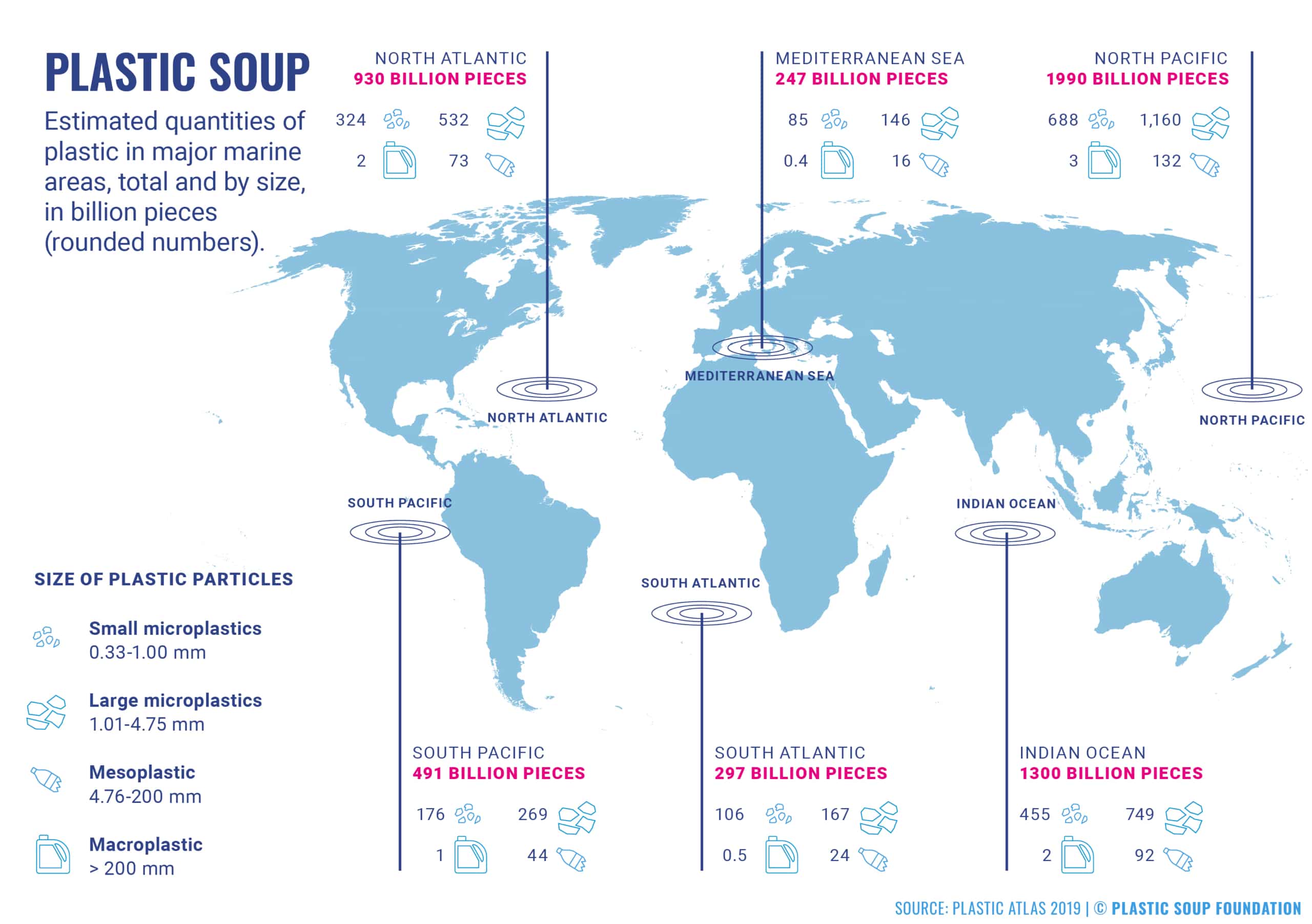
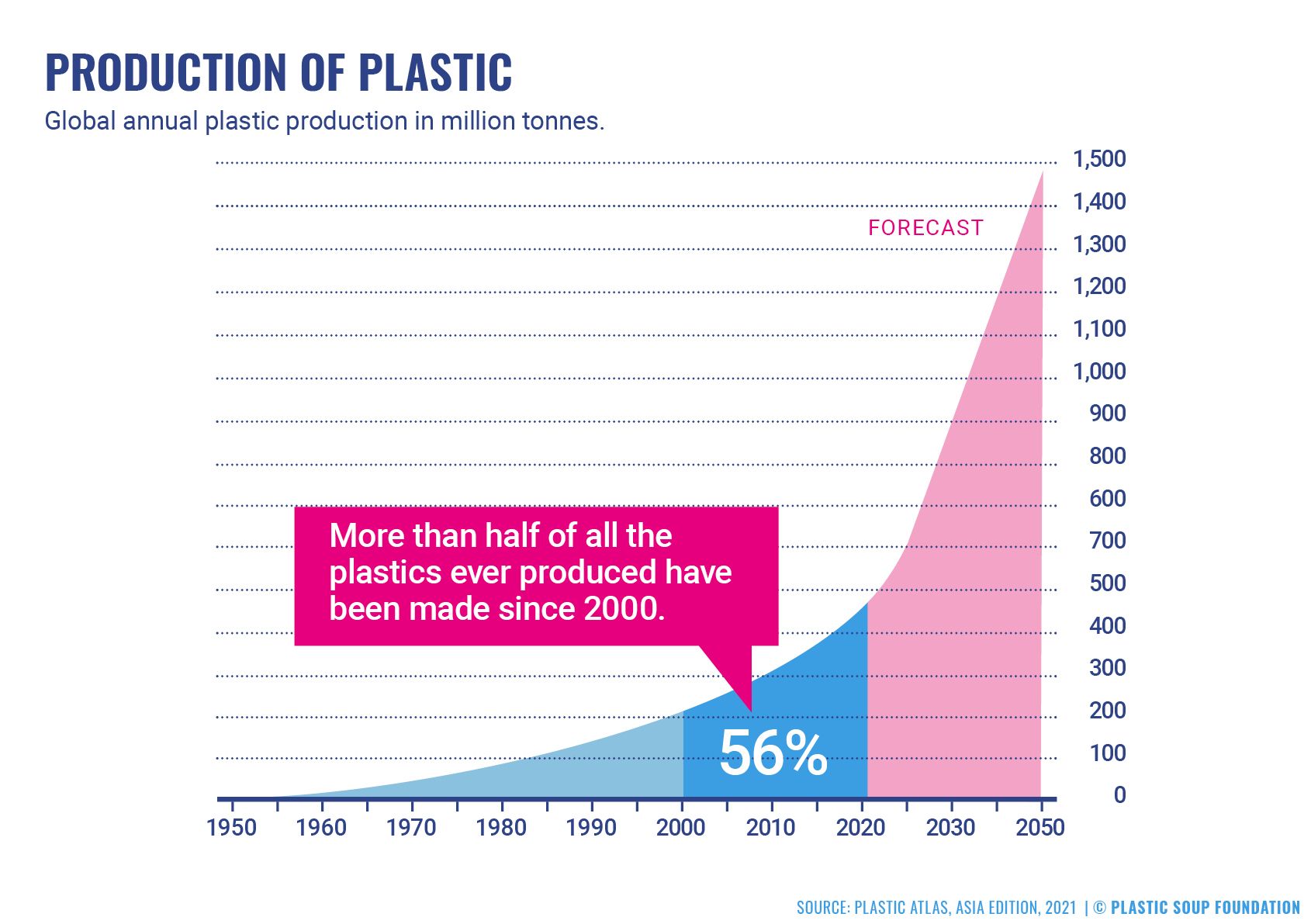

📝 Article: If you want to follow your dreams, you have to say no to all the alternatives
Old wisdom about dropping anything that is not top priority in favor of one’s most important project in order to generate focus and maximize results, newly packaged with this catchy bees-in-a-beachball analogy.
Our desires are countless, independent agents, working to nudge our beachball in their own selfish direction. And so usually, that ball is going nowhere. It’s controlled more by the terrain than by the will of what’s inside it. This is how most people live their lives. We feel endlessly conflicted.
Imagine an insanely ambitious goal for yourself. Say you want to write a book, or land on Mars.
If you absolutely had to do that – if your life and the lives of everybody you cared about depended upon it – how would you? How could you?
You’d simply drop everything else. You’d become one giant bumblebee, pushing in one direction, and you’d move very, very quickly
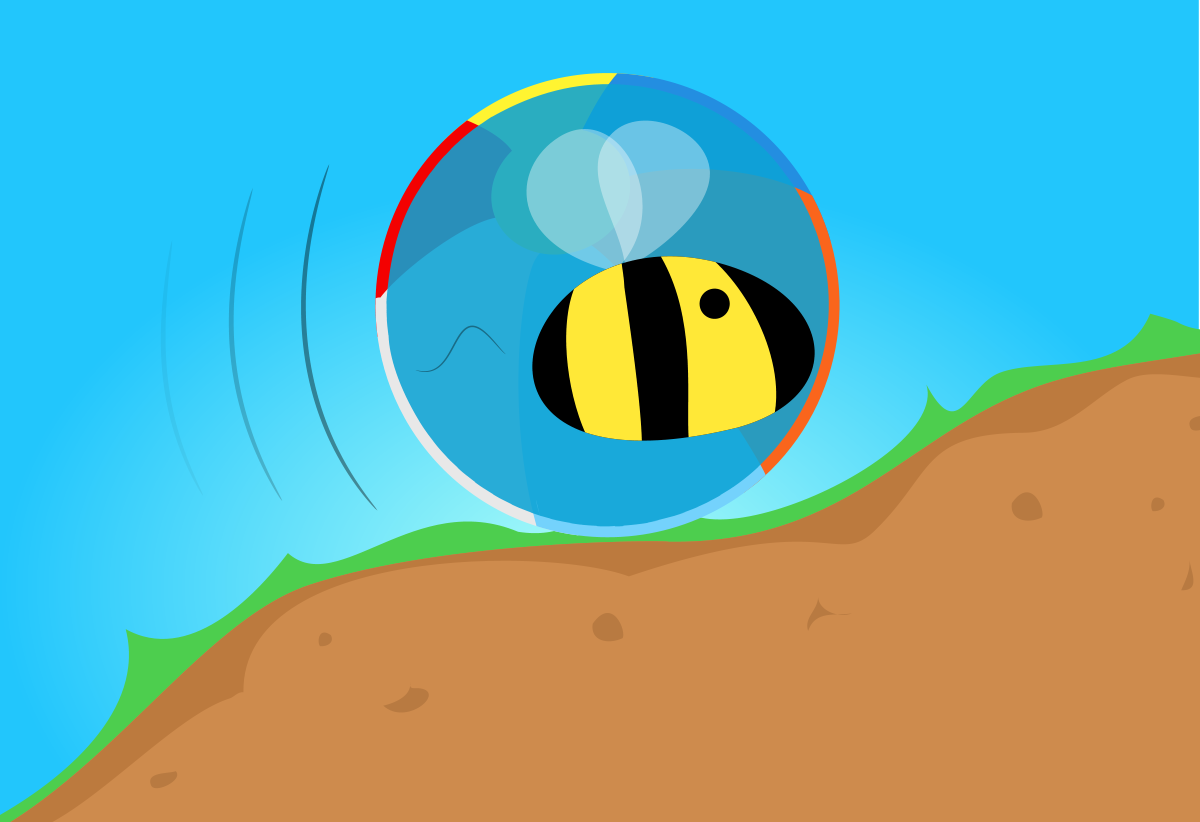
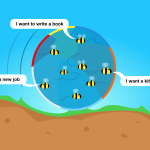
🆕 New Content
📝 Article: Stop Lying To Yourself
We always lie twice. First to ourselves, then to the world. Practice striving for a better world by becoming true to yourself.
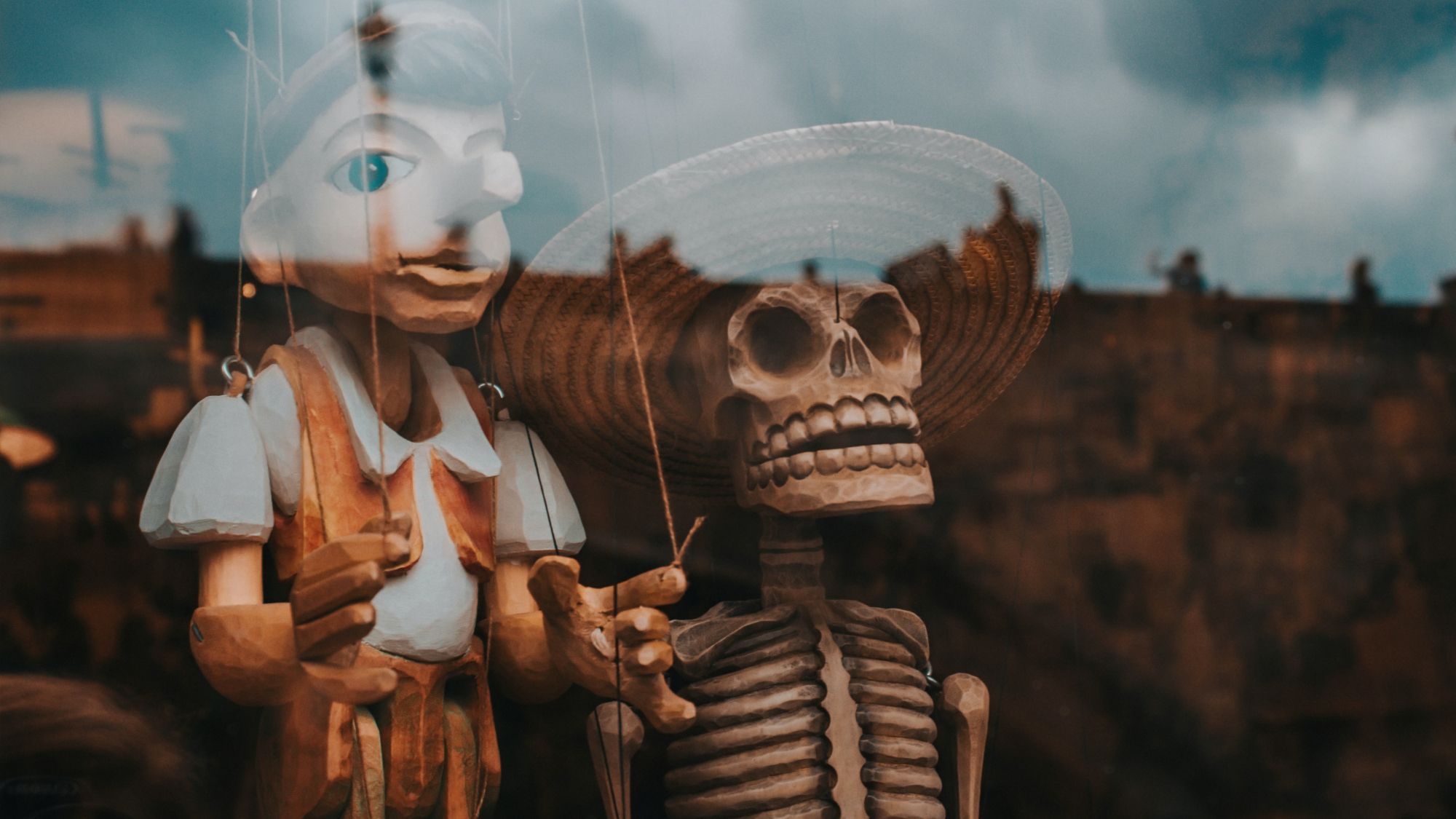
💡 This Week’s Wisdom
Fear is the mind-killer. Fear is the little death that brings total obliteration. I will face my fear. I will permit it to pass over me and through me. And when it has gone past me I will turn to see fear’s path. Where the fear has gone there will be nothing. Only I will remain.
From Dune (Book I) by FRANK HERBERT.
Captured and resurfaced using the phenomenal Kindle reader.
Did you enjoy this issue? If you draw value from Sunday Sparks please consider contributing to this publication’s financial freedom.
Flows straight into content, not coffee.
